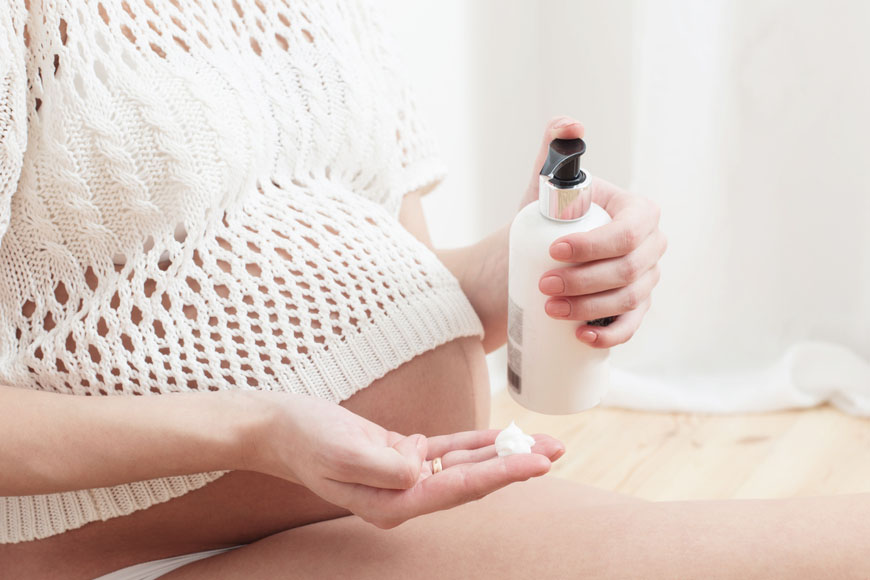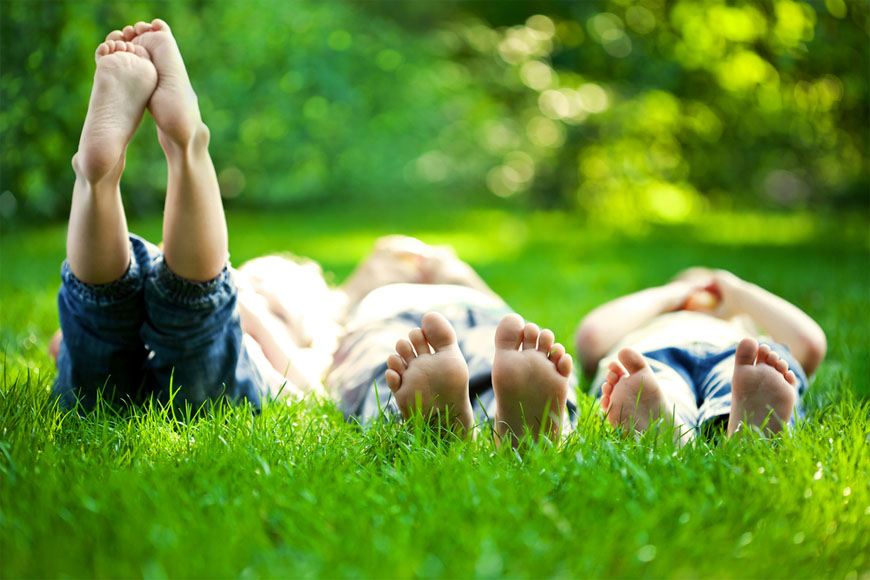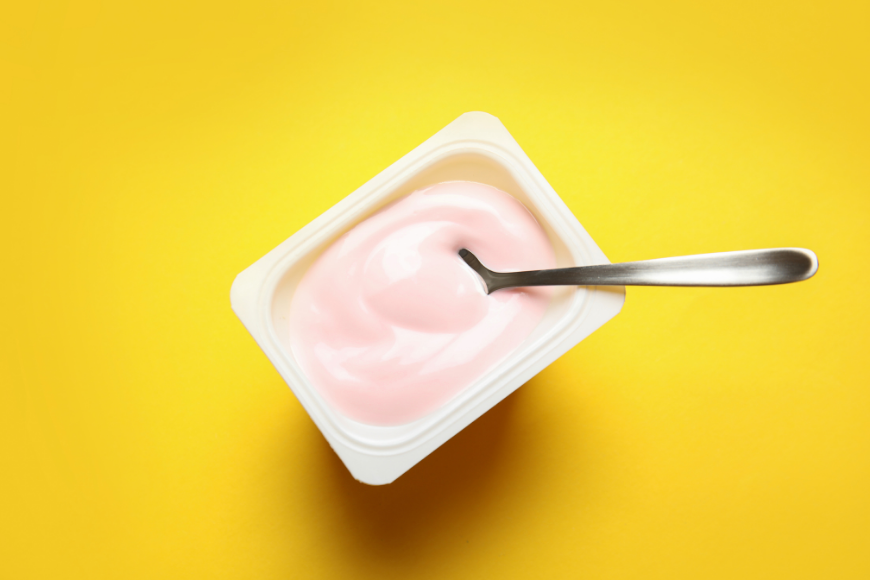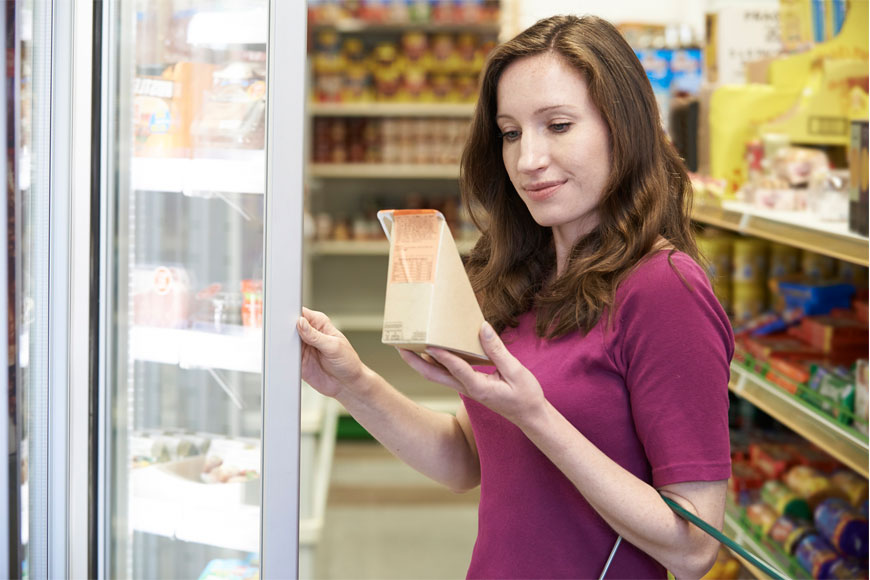This is a new one in the police books…
11 December 2018
| Last updated on 11 December 2018
While Dubai might be launched flying motorbikes
Abu Dhabi might just be doing things a little differently in the capital of the UAE.
Residents are flabbergasted at the news of an actual camel patrol being set up by Abu Dhabi Police.
Announced on Monday, police in the capital seem to be ditching their Police cars and Police horses for a new player in the game – the Police camels.
SEE ALSO: Dubai Police Are Training To Use Awesome New Flying Motorcycles
Called the “Hajana,” these camel patrol entities will protect the capital of the UAE while still embracing the Emirati heritage and culture…without compromising on authenticity either.
Roaming around the Abu Dhabi deserts and city, Policemen on camels will be patrolling these areas for criminals or suspicious activities.
With this new addition to the Police family, bad guys have nowhere to run and hide…even in the dark deserts of Abu Dhabi.
This initiative might be surprising but it aims to decrease crime in the city while increasing local pride of the Emirates – even within the work done by police in the country.
"Police have been trained to work with the camels in accordance with best practices to carry out their civic duty and prevent crime," Maj Gen Mohammed Al Romaithi, Chief of Abu Dhabi Police, told The National.
Which camels will they be using?
This new addition might be called the Hajana, however, Abu Dhabi Police will be using the dromedary, one-humped Arabian Camel to carry out these city patrols.
The one-humped Arabian Camels are linked to the Bedouin Culture and are a symbol of wealth to the culture.
In the Bedouin culture, these camels have been linked to currency and were exchanged as a form of monetary currency too.
Camels were and are still a vital symbol to the Emirati heritage because of how functional they were in helping desert Bedouins transport goods and were a good source for milk, meat and wool.
Today, they are valued at millions of dirhams and are popular in camel racing competitions and camel beauty competitions funded by the Sheikh.































































.png?itok=o7XUYJI4)

















































































